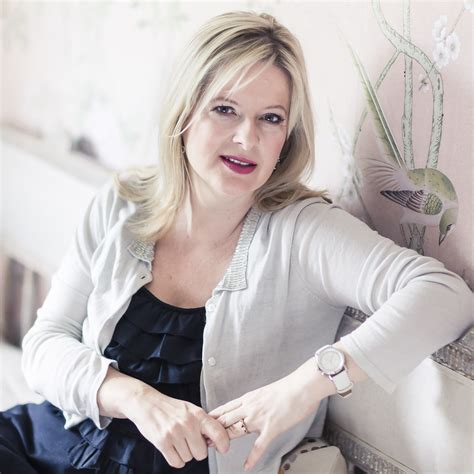A Quote by Allison Pearson
Men worry about childcare with their wallets, women feel it in their wombs.
Related Quotes
I know there are certain men that hate women or don't like women, and in order to make women feel small, they tend to isolate them when they bully them. And women are often humiliated by it and feel they can't do anything about it. So my advice to women would be: there's always support around for those sorts of things and if you feel you're isolated in any way, or being bullied, you must talk to someone about it.
Women now influence the majority of consumer purchases. It is women's votes that will secure victory at the next election, hence the altogether delicious spectacle of Messrs Brown and Cameron vying to tell stories about broken nights and childcare as men once boasted of goals scored or pheasants bagged.
I'm a pragmatist. I think, as a woman, you have to be more careful. You have to be more communal, you have to say yes to more things than men, you have to worry about things that men don't have to worry about. But once we get enough women into leadership, we can break stereotypes down. If you lead, you get to decide.
Increasingly, men are realizing exactly that - that having an educated, economically independent partner reduces the pressure on them to be the sole provider. Many men are also beginning to understand that participating in housework and childcare can be rewarding. Women with higher education and/or earnings are so much less likely than other women to divorce, that by age 40, they are more likely to be married than any other group of women.
I identify myself as an actor, because I feel like you don't go to the doctress, you go to the doctor; it doesn't matter what the gender is. I think actresses worry about eyelashes and cellulite, and women who are actors worry about the characters we are playing. A separate category is another way of making us a special-interest group.
I really don't see any men sitting in the corner office plotting to keep women out. All the men I know are actively trying to promote women, to get more women involved. These men have wives they care about; they have daughters they desperately care about. So I don't think it's fair to blame men - or I don't think it's accurate to blame men anymore.


































